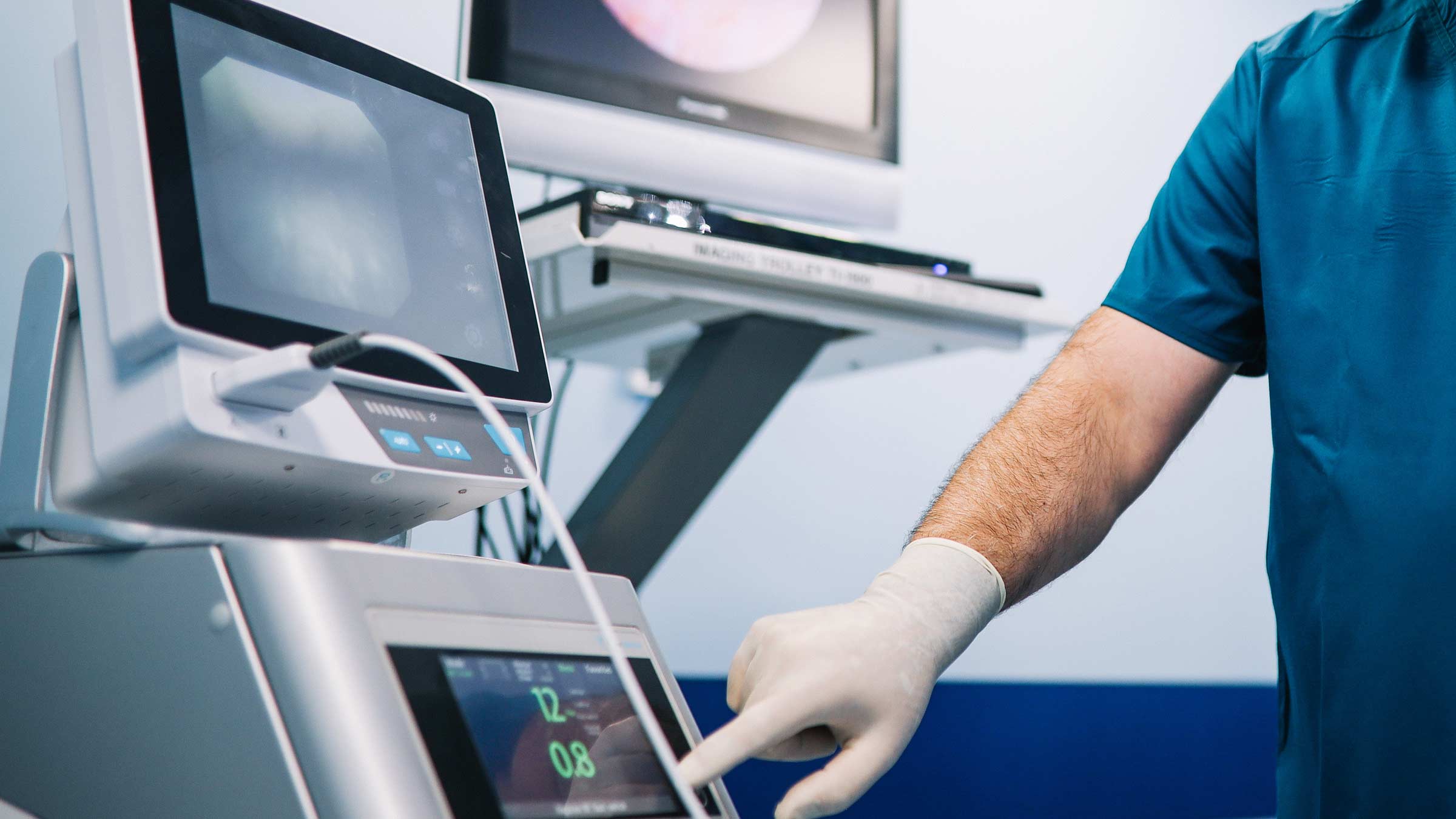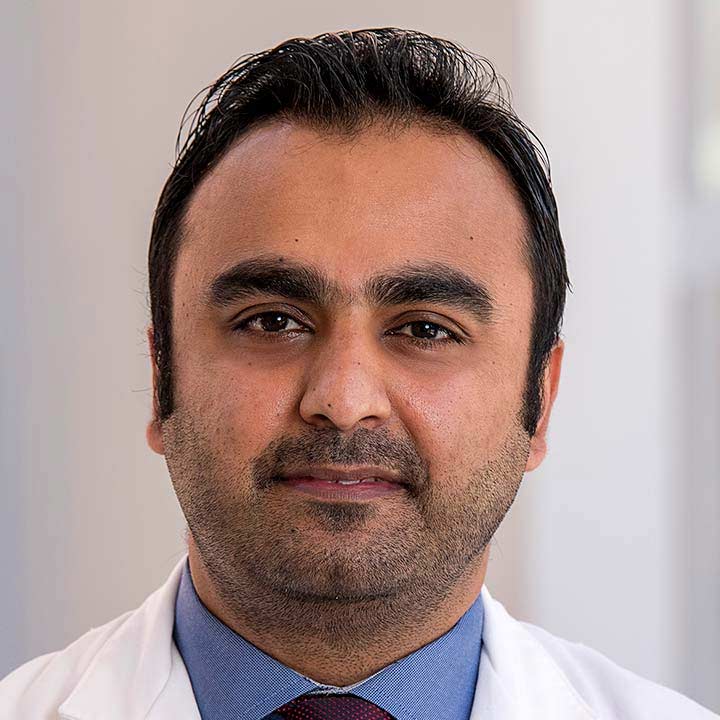
So you’ve scheduled your colonoscopy. Now what? Knowing what to expect beforehand can help you adequately prepare.
Why get a colonoscopy?
Colonoscopy-based screening is a form of testing that allows us to find and remove abnormal growths (polyps) that can change into cancer over time or detect cancer at an early-enough stage that it’s curable. Just like a vaccination, a colonoscopy can prevent a potentially deadly disease. Getting screened for colon cancer allows you to take control of your health and demonstrate to loved ones that you care about your well-being.
Having a colonoscopy can be embarrassing for some simply because of where the procedure takes place. We get patients from all walks of life and approach each patient with cultural humility. Everyone from schedulers to nurses to physicians works hard to make you feel as comfortable as possible and treat you like a family member.
Before your colonoscopy
One of the most critical steps in preparing for your colonoscopy is cleansing your colon. Your colon must be cleansed of all stool to ensure that the doctor has excellent visibility and can detect even very small abnormalities, if present. This cleansing is commonly known as a bowel prep. A bowel prep involves drinking a solution and, in some cases, also taking pills that will help you evacuate your stool. Specific instructions for the type of bowel prep you need to take, how to take it and what diet to adhere to before and during the bowel prep will be provided by your doctor’s office.
Before your colonoscopy, you should review your medications with your doctor to see if you should stop or adjust your medication before the procedure. Examples are blood thinners and diabetes medications.
Last, but not least, make sure you have someone to bring you and take you home from your colonoscopy. That’s because you’ll be given medicine to help you relax, affecting your judgment and reflexes. If you take public or medical transportation, you’ll need an adult other than the driver to ride with you for your safety.
During your colonoscopy
On the day of your exam, you typically need to arrive 45 minutes before your procedure.
Keep in mind that you’ll be sedated, unless you request otherwise. There are two forms of sedation: conscious sedation, which is a twilight kind of sleep, and monitored anesthesia care administered by an anesthesiologist. We tailor our sedation medications accordingly to keep the discomfort level as low as possible.
During the procedure, a thin, flexible tube with a camera and light on the end called a colonoscope is inserted through the rectum and throughout the entire colon. The tube is about the diameter of an index finger and is lubricated to allow for easy insertion. Your doctor gently pumps air or carbon dioxide and sterilized water or saline through the colonoscope so the entire lining can be viewed.
If your doctor finds any abnormal areas, a biopsy may be done. If there are any polyps present, they may be removed as well. Polyps are tissue growths that are generally benign but can develop into cancer if they are allowed to grow.
After your colonoscopy
Following your colonoscopy, you’ll be moved into a recovery area until you are awake and coherent. You may feel bloated and have gas cramps, and it’s encouraged that you try to pass the gas.
If your doctor took any biopsies or removed any polyps, your doctor’s office will contact you when results are available.
The risks of a colonoscopy are few and very rare. However, with any medical procedure, there is a risk of complication. You should call your doctor immediately if you experience severe abdominal pain, vomiting, fever or rectal bleeding.
The general recommendation is to be screened starting at age 50. But if you’re Black or have a family history of colorectal cancer, the recommendation is to be screened at age 45 because you have a higher risk of getting that cancer.

Accurate, early cancer diagnosis matters
The James Cancer Diagnostic Center gives patients direct, expedited access to diagnostic testing and consultation with Ohio State cancer experts.
Schedule an appointment today




